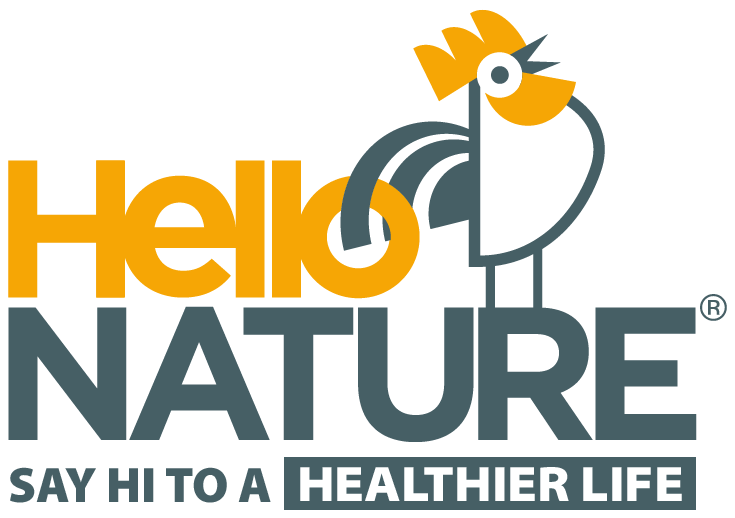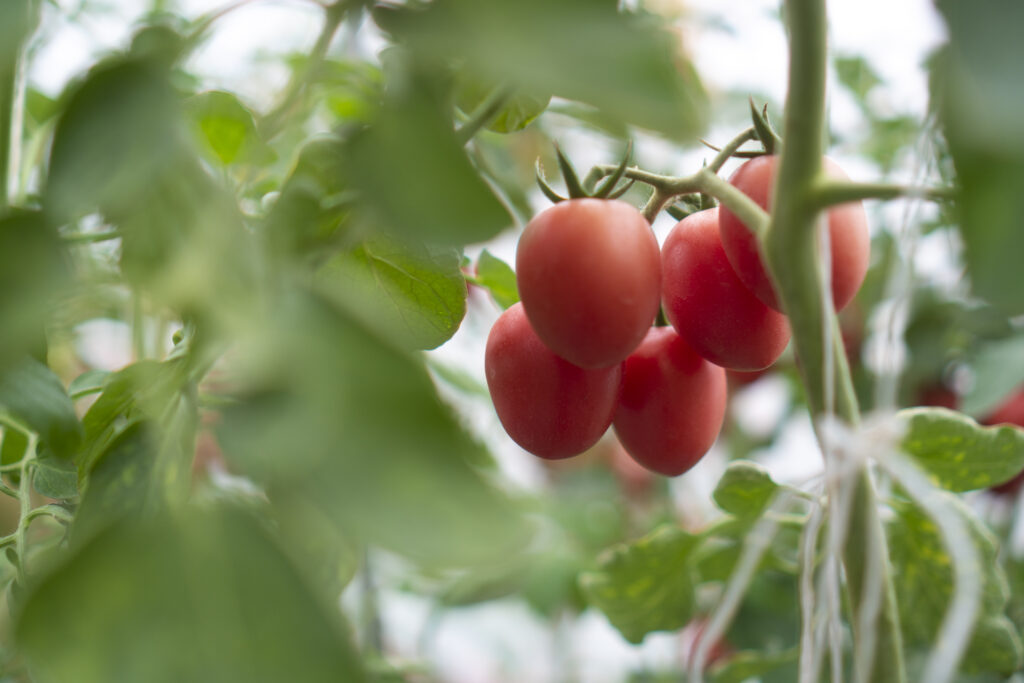Summary of Yield and Nutritional Quality of Vesuvian Piennolo Tomato PDO as Affected by Farming System and Biostimulant Application
Biostimulant on Vesuvian Piennolo Tomato: Boosting Yield and Nutritional Quality
Scientific studies are increasingly exploring the effects of biostimulants on Vesuvian Piennolo Tomato to improve both yield and quality while supporting sustainable crop management. This research compared two farming systems—conventional and organic—combined with two biostimulant treatments: tropical plant extract (PE) and legume-derived protein hydrolysate (PH). A non-treated control was also included to assess baseline performance. The study measured fruit yield, yield components, mineral content, and nutritional indicators.
Plant Growth Responses to Biostimulants
Both PE- and PH-based treatments increased plant biomass. PH also significantly improved leaf area index compared to untreated plants. Although the farming system alone did not affect marketable yield, both PE and PH enhanced overall tomato yield. PH specifically increased fruit number, while PE produced notable yield gains under organic management. Additionally, PE applied in conventional farming resulted in the highest mean fruit weight.
Enhancing Fruit Quality with Biostimulants
Farming systems influenced fruit characteristics differently. Conventional systems generated higher redness (a*), whereas organic systems increased levels of malate, oxalate, and isocitrate. Regardless of farming method, biostimulants on Vesuvian Piennolo Tomato raised soluble solids, fruit brightness (L*), redness, and organic acids by 10–27% compared to control. Moreover, organic management improved lipophilic antioxidant activity and total ascorbic acid but slightly reduced lycopene content.
Nutritional and Functional Benefits of Biostimulants
Both PE and PH enhanced total phenol, ascorbic acid, and lycopene content. Lipophilic antioxidant activity also increased. These findings confirm that using biostimulants on Vesuvian Piennolo Tomato is an effective, sustainable strategy to improve yield, functional quality, and nutritional value across conventional and organic systems. Consequently, farmers can adopt these treatments to support crop performance while maintaining ecological practices.
Conclusion: Biostimulants as a Sustainable Solution
In summary, biostimulant applications significantly improve plant growth, fruit quality, and nutritional indicators. They represent a practical tool for sustainable vegetable production, helping growers achieve better outcomes with Vesuvian Piennolo Tomatoes.
Publication: Agronomy









